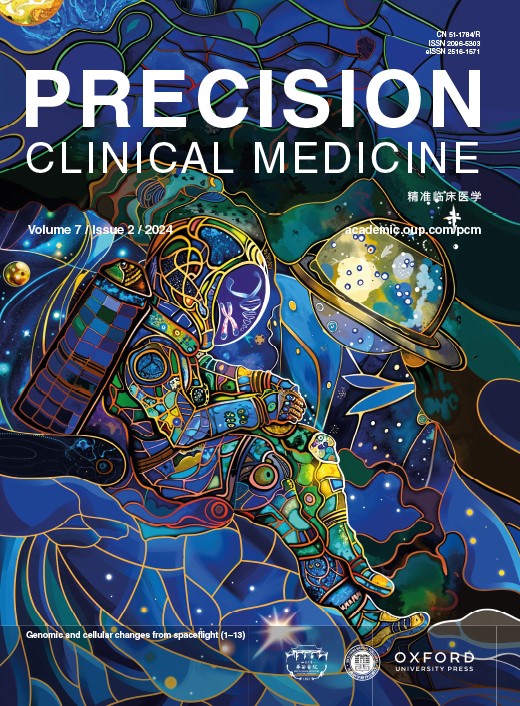EyeHealer: A large-scale anterior eye segment dataset with eye structure and lesion annotations
IF 5
4区 医学
Q1 MEDICINE, RESEARCH & EXPERIMENTAL
引用次数: 6
Abstract
ABSTRACT Anterior segment eye diseases account for a significant proportion of presentations to eye clinics worldwide, including diseases associated with corneal pathologies, anterior chamber abnormalities (e.g. blood or inflammation), and lens diseases. The construction of an automatic tool for segmentation of anterior segment eye lesions would greatly improve the efficiency of clinical care. With research on artificial intelligence progressing in recent years, deep learning models have shown their superiority in image classification and segmentation. The training and evaluation of deep learning models should be based on a large amount of data annotated with expertise; however, such data are relatively scarce in the domain of medicine. Herein, the authors developed a new medical image annotation system, called EyeHealer. It is a large-scale anterior eye segment dataset with both eye structures and lesions annotated at the pixel level. Comprehensive experiments were conducted to verify its performance in disease classification and eye lesion segmentation. The results showed that semantic segmentation models outperformed medical segmentation models. This paper describes the establishment of the system for automated classification and segmentation tasks. The dataset will be made publicly available to encourage future research in this area.EyeHealer:一个具有眼睛结构和病变注释的大规模眼前段数据集
前段眼病在全球眼科诊所的就诊中占很大比例,包括与角膜病变、前房异常(如血液或炎症)和晶状体疾病相关的疾病。构建眼前段病变自动分割工具将大大提高临床护理的效率。随着近年来人工智能研究的不断深入,深度学习模型在图像分类和分割方面显示出其优势。深度学习模型的训练和评估应该基于大量的专业知识注释的数据;然而,在医学领域,这样的数据相对较少。在此,作者开发了一种新的医学图像注释系统,称为EyeHealer。它是一个大规模的眼睛前段数据集,在像素水平上标注了眼睛结构和病变。通过综合实验验证了该方法在疾病分类和眼部病变分割方面的性能。结果表明,语义分割模型优于医学分割模型。本文介绍了自动分类和分割任务系统的建立。该数据集将向公众开放,以鼓励未来在这一领域的研究。
本文章由计算机程序翻译,如有差异,请以英文原文为准。
求助全文
约1分钟内获得全文
求助全文
来源期刊

Precision Clinical Medicine
MEDICINE, RESEARCH & EXPERIMENTAL-
CiteScore
10.80
自引率
0.00%
发文量
26
审稿时长
5 weeks
期刊介绍:
Precision Clinical Medicine (PCM) is an international, peer-reviewed, open access journal that provides timely publication of original research articles, case reports, reviews, editorials, and perspectives across the spectrum of precision medicine. The journal's mission is to deliver new theories, methods, and evidence that enhance disease diagnosis, treatment, prevention, and prognosis, thereby establishing a vital communication platform for clinicians and researchers that has the potential to transform medical practice. PCM encompasses all facets of precision medicine, which involves personalized approaches to diagnosis, treatment, and prevention, tailored to individual patients or patient subgroups based on their unique genetic, phenotypic, or psychosocial profiles. The clinical conditions addressed by the journal include a wide range of areas such as cancer, infectious diseases, inherited diseases, complex diseases, and rare diseases.
 求助内容:
求助内容: 应助结果提醒方式:
应助结果提醒方式:


